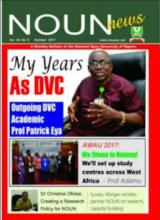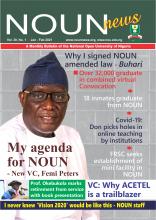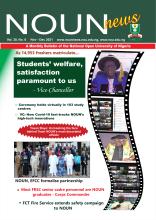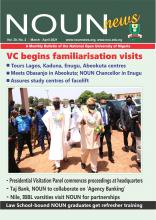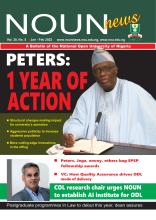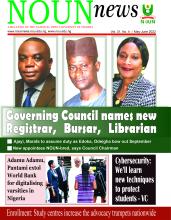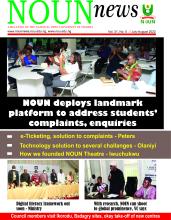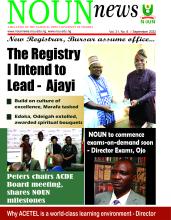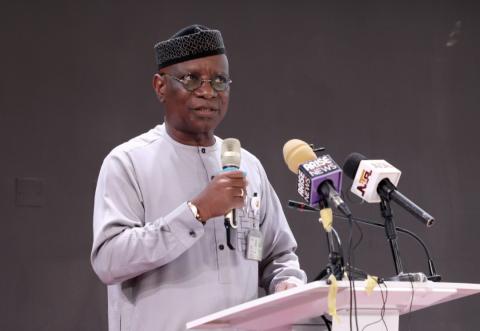
The Open, Distance and eLearning Association of Nigeria (ODeLAN) has called on stakeholders to outdo with the obsolete policies and embrace Artificial Intelligence (AI) in schools .
It said continuous and consistent training for Artificial Intelligence (AI) should be prioritised across distance learning institutions.
The association said integrating AI and updating regulations are crucial to improving learning outcomes and ensure the education system keeps pace with technological advancements.
These were part of the 20-point communique issued and signed by the 15-man Communique Committee Members chaired by Prof. Christine Ofulue, Director, NOUN-RETRIDOL, at the end of the 3rd ODeLAN International Conference hosted by the National Open University of Nigeria.
The conference was held between May 14 to 16, 2025 at the headquarters of the university in Abuja, with the theme: “Adaptive Pedagogies for the Future of Education: Connecting Learners, Technologies and Communities.”
A total of 280 participants registered for the conference, and over 100 papers were presented.
The communique, read by the Prof. Sonnie J. Oniye, the Dean, School of Postgraduate Studies of NOUN, urged the Federal Government to support institutional access to AI tools and prioritise funding for continuous training in technology integration within Nigeria’s distance education system.
It made a strong call for adaptive pedagogies to shape the future of education in Nigeria, calling on institutions to invest in faculty training and digital upskilling for all staff to effectively integrate technology into teaching and learning.
It also called for proactive reorientation on ODL, of teachers and all other categories of staff who work within the ODL ecosystem as well as the factors which influence the choice of adaptive pedagogies that include cost, accessibility, acceptability, user-friendliness, and sustainability.
It also identified critical gaps in digital equity, educator capacity, and collaborative research within the Open and Distance Learning (ODL) ecosystem.
ODeLAN, in its recommendations, called on the government to support the creation of enabling policy environments that foster inclusivity, accessibility, and quality in ODeL, drive regulatory reforms that promote ethical and effective delivery of distance education across Nigeria and ensure that political will is sustained in implementing digitisation strategies in education.
“Support institutional access to AI tools and fund continuous training for technology integration, facilitate access to the Nigerian Education Loan Fund (NELFUND) for distance learners, among others,” the communique said.
It also called on the institutions to invest in continuous capacity building for educators at all levels to improve digital literacy and technology integration, adopt and adapt the ACDE Quality Assurance Toolkit to strengthen internal QA processes and implement robust institutional policies for the ethical use of artificial intelligence in education.
The communique also implored ODeLAN to be proactive in contributing to national educational discourse on ODL and related technological reforms, engage with professional bodies to raise awareness and deepen their understanding of the ODL delivery model.
The conference brought together a wide range of stakeholders in Open, Distance and e-Learning (ODeL), including policymakers, academics, researchers, education technologists, development partners, and students to engage on the future of education through adaptive pedagogies and technological integration.
It also featured three keynote presentations by distinguished global leaders in open and distance learning: Professor Peter Scott, President, Commonwealth of Learning (COL), Professor Mpine Makoe, Executive Dean of Education, University of South Africa (UNISA); Prof. Tayo Arulogun, Vice-Chancellor, MIVA Open University, Abuja, Nigeria.
- Log in to post comments
- 145 views

